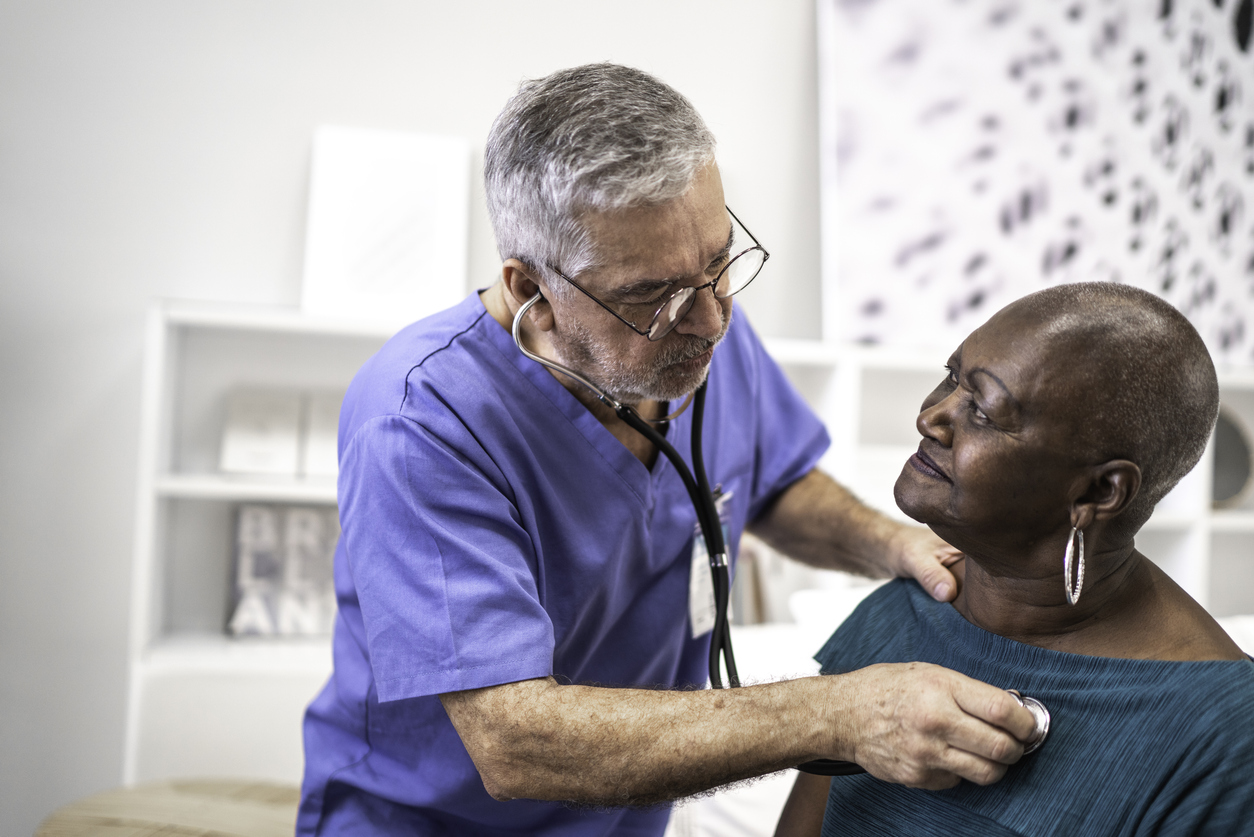
Although COVID-19 is primarily a virus that effects the respiratory system, healthcare professionals (HCPs) suspect that before long, secondary cardiac effects of the pandemic will start to surface. As TIME magazine puts it in a recent article:

Although COVID-19 is primarily a virus that effects the respiratory system, healthcare professionals (HCPs) suspect that before long, secondary cardiac effects of the pandemic will start to surface. As TIME magazine puts it in a recent article:
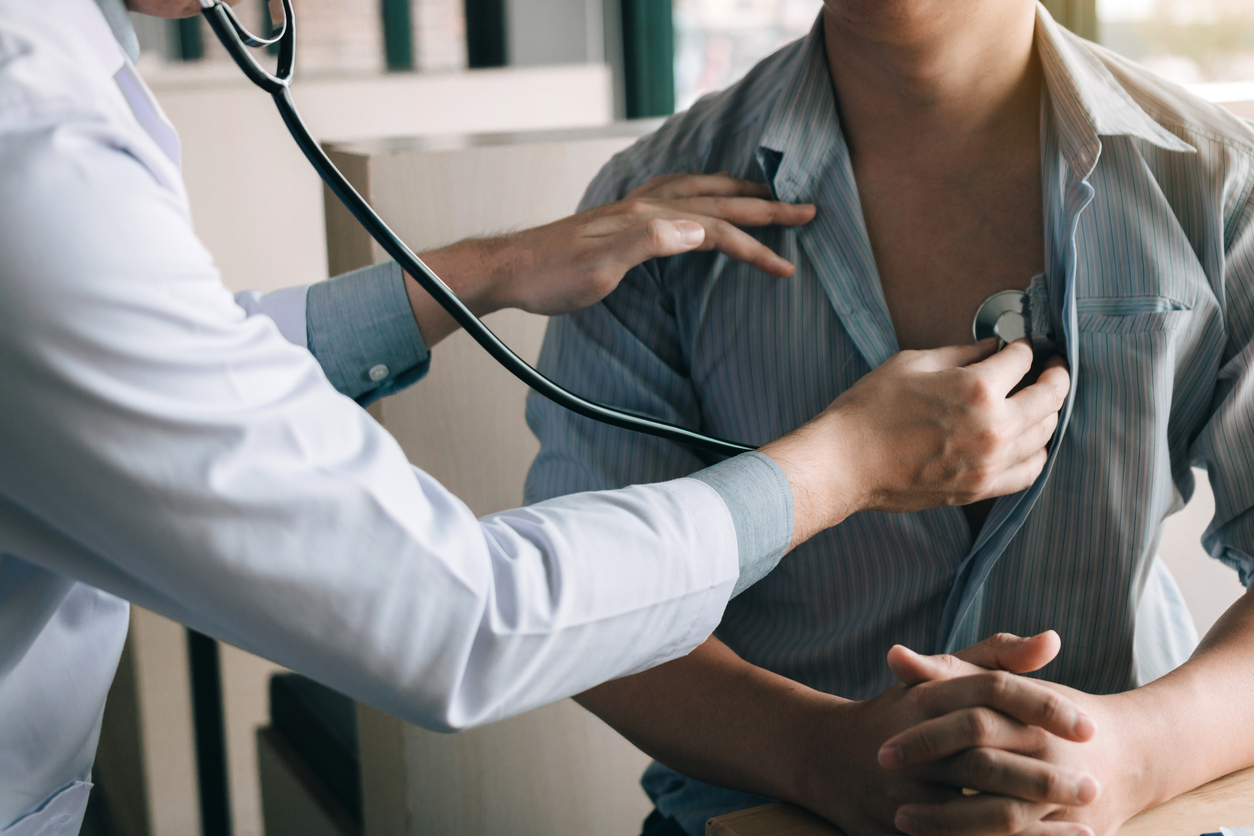
Auscultation, which is the science of listening to sounds from the heart, lung, and other organs, is a basic and important skill for healthcare professionals. Yet, study after study shows that healthcare professionals are only able to identify a small percentage of heart sounds. How can instructors bridge this gap?
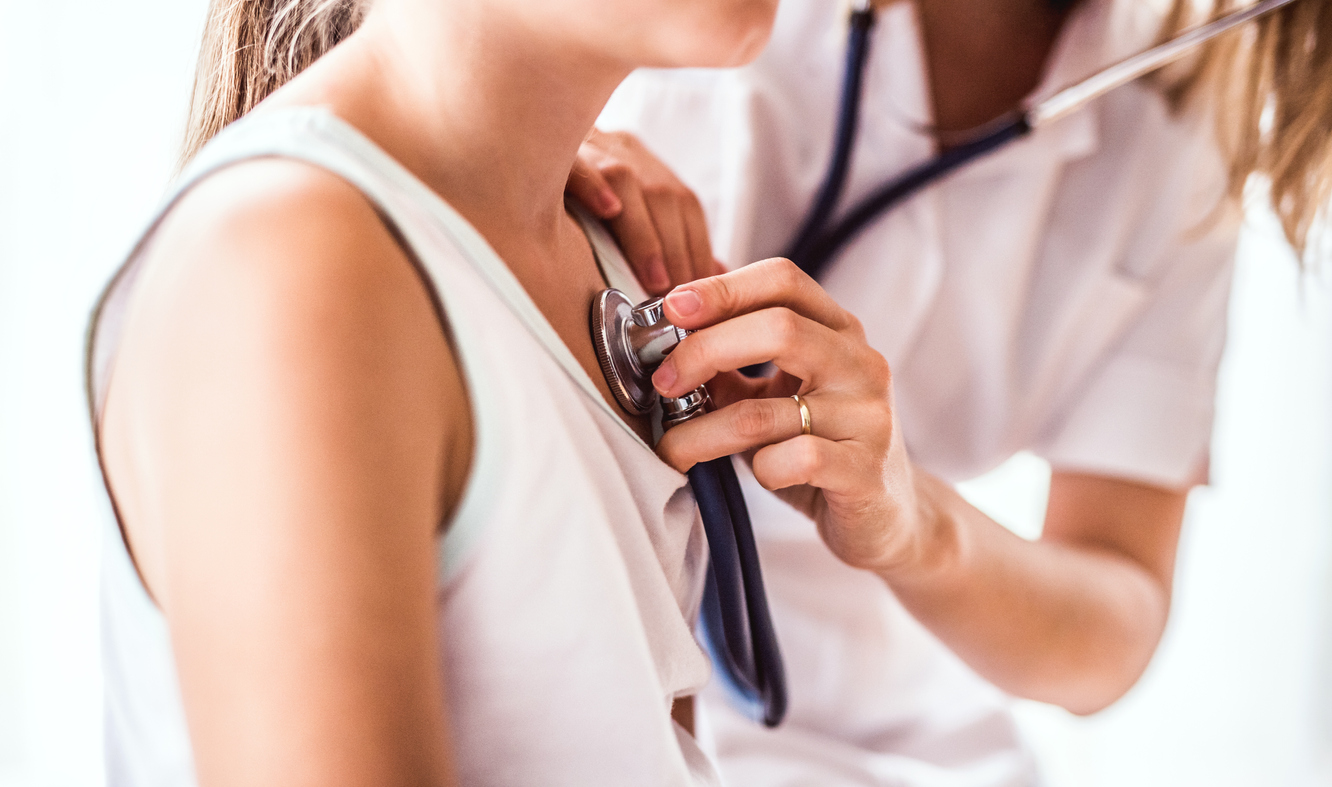
Heart disease is the number one cause of death in the United States, for men and women; about 630,000 Americans die from heart disease each year – that’s one in four deaths. Students in healthcare education can learn the risk factors of coronary heart disease (CHD) and communicate with their patients for better health outcomes.
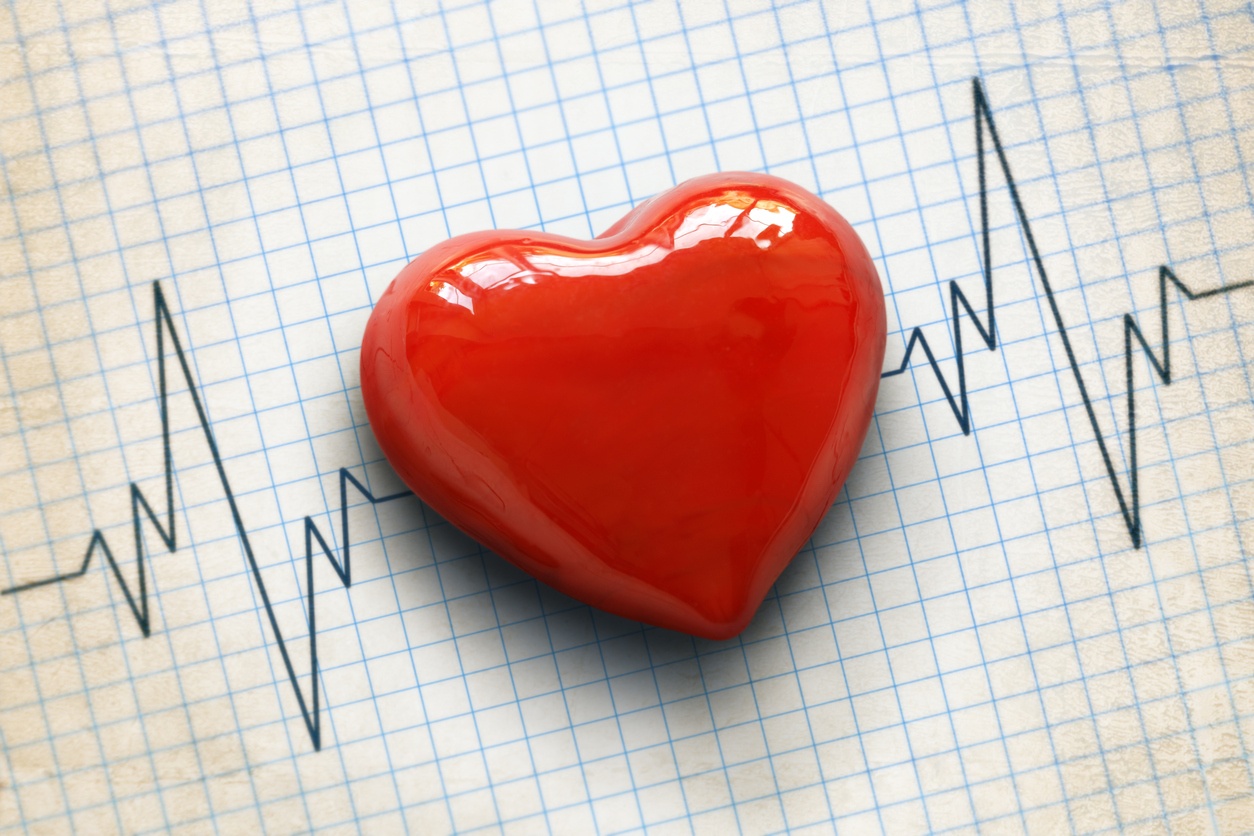
Every year, about 735,000 Americans have a heart attack, with about 525,000 of those being a first heart attack. More alarmingly, 210,000 heart attacks annually happen in a person who has already suffered a previous heart attack.
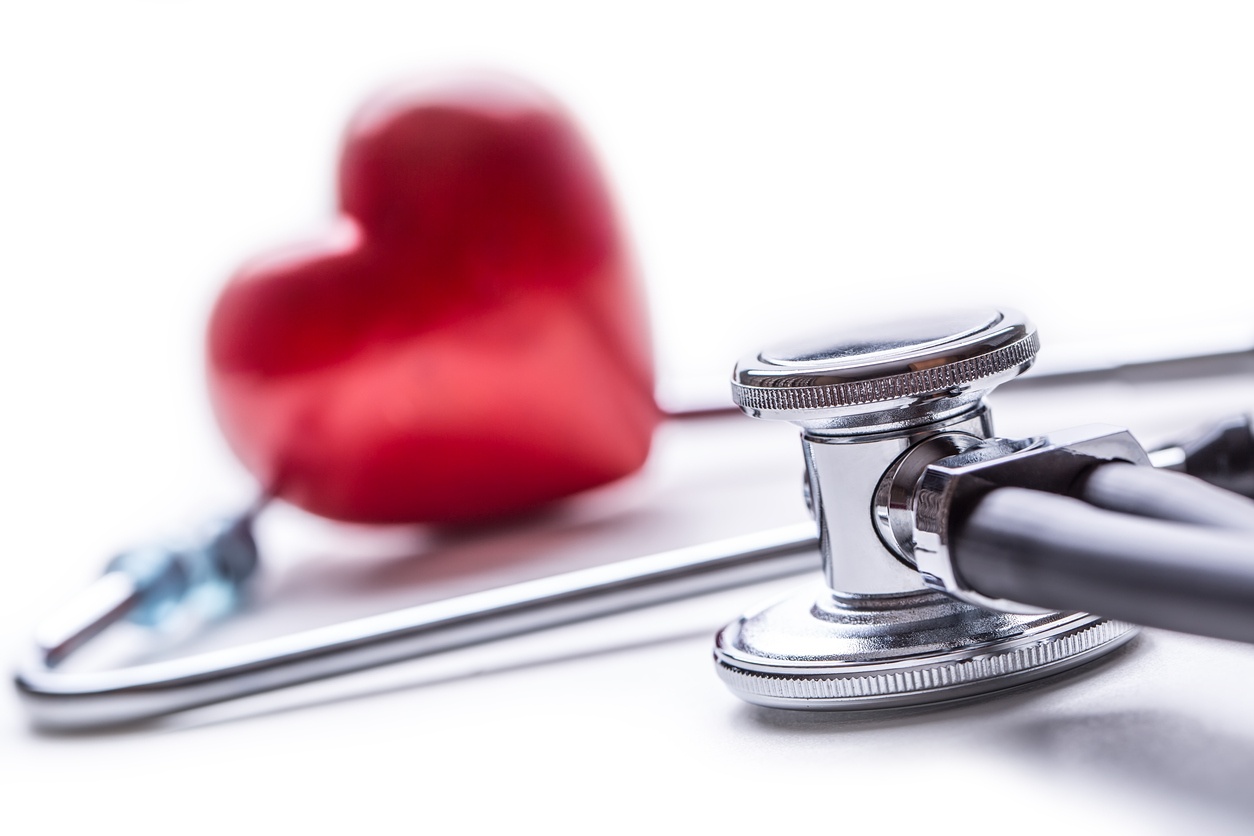
Accurate auscultation – or listening to heart sounds, and sounds from other organs including the lungs, with a stethoscope – is a basic skill, yet also comes with challenges. Auscultation helps healthcare professionals, including nurses, physicians, EMTs and paramedics, assess and diagnose patients.